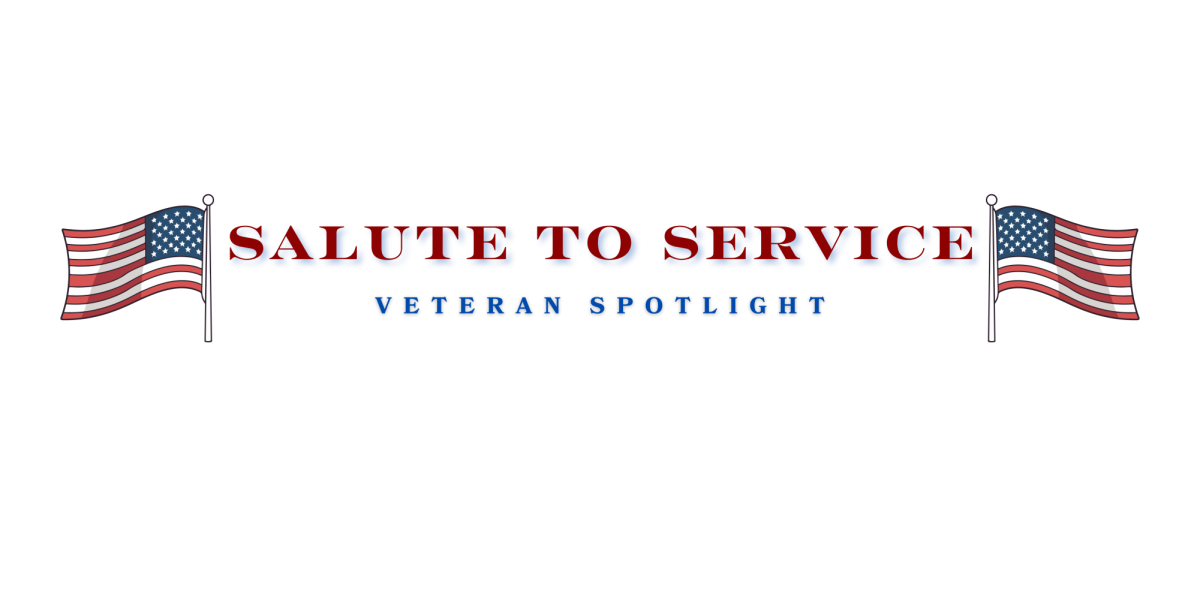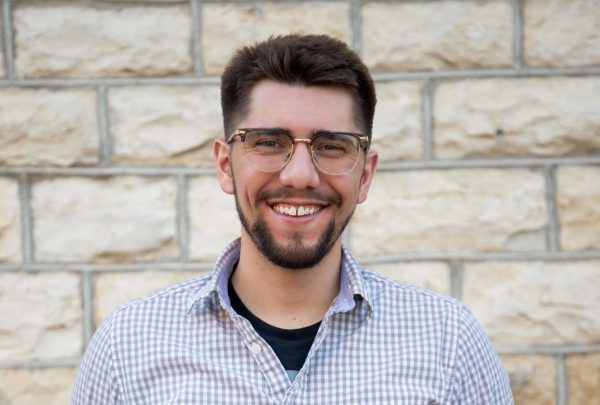Larry Booth — son, father, veteran and more, enlisted when he was just 17. He served three years in the U.S. Marine Corps from 1951 to 1954 in the Korean War before serving ten years in the Navy as a chaplain.
During his time in Korea he earned a Purple Heart, a medal awarded to those injured or killed by an enemy in combat.
The first injury happened in the mountains of South Korea. Booth was strapping communication wire to a tree when a mortar explosion shot shrapnel into his side, making him unable to feel his legs. His commanding officer was injured in the same blast, causing them both to fall to cover in the same foxhole.
“We were wounded; he was in his … right arm, and I was in my left hip,” Booth said. “So he has … pieces of metal sticking out of his arm.”
They spent the entire night wounded in the foxhole, talking and staring up into the night sky. Booth wasn’t sure if he would ever walk again until the military nurses rescued them the following day.
“After being brought down from the … mountain where we were wounded … we were separated,” Booth said. “And I never saw him again … but we know that he survived.”
Booth’s second injury came days later when he was reassigned to deliver prisoners along a cliffside, and a prisoner pulled a knife on Larry’s fellow Marine. As Larry struggled to get to them, the other Marine, tired from the fight for his life, hoisted the prisoner over his body and accidentally pushed him off the cliff, killing the prisoner.
Shortly after, Booth and his men were surrounded, outnumbered and taking enemy fire atop a hill inside enemy territory, so close that Booth said he could see the whites of their eyes.
“It’s not to the point where you could reach out and touch them, obviously, but … you could make out the details in their faces,” Booth said.
Overcome by heavy artillery fire, the soldiers were pushed up and down the mountain until they could break away from the fighting. After a hole was punched through the enemy lines, and a path away from gunfire opened up, Booth assisted wounded Marines to safety while being injured himself.
While helping the wounded escape, he turned around and came face-to-face with a North Korean soldier. Simultaneously, they raised their rifles and took several shots at the other before both turned away to escape.
When Booth was on his way home from the war in 1954, he didn’t realize the war was over. He didn’t believe he would survive the war, and that fear followed him as he stepped off his boat in San Diego, where he thought he would fall off the gangplank and drown.
Despite everything Booth had been through, he said he did have some funny memories, too, like the time he thought he’d been hit by shrapnel, only for his companions to roll him over and realize that his can of beans had blown up.
“I’ve grown a long time with the bad memories and … the good ones,” Booth said. “We… did not let each other down.”























































































































